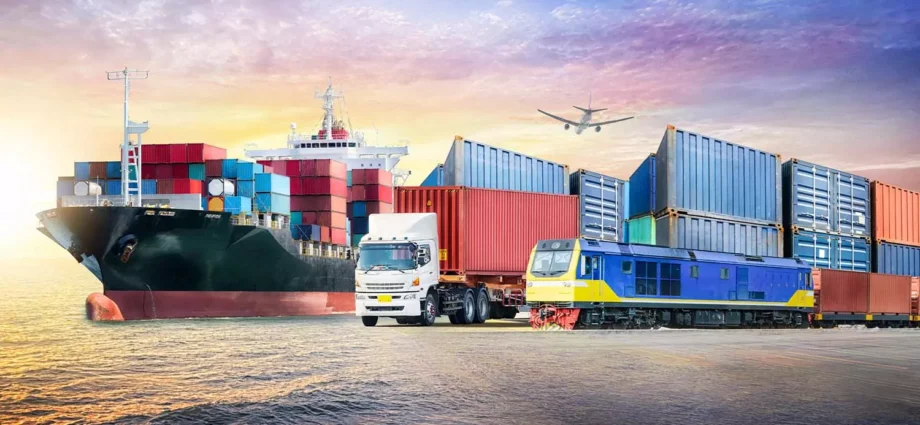Global digital trade integration remains limited, with the world only 8.5% of the way toward full openness, according to the OECD’s new Index of Digital Trade Integration and Openness (Indigo). While countries like Singapore, Australia, and Japan lead in connectivity and digital trade policies, several African nations—including Benin, Burkina Faso, and Gambia—lag behind, limiting their participation in global cargo and logistics flows.
South Africa, while modestly integrated, relies heavily on multilateral agreements through the World Trade Organization (WTO), ranking 70th out of 193 countries. Despite its mid-range global position, South Africa is the most integrated in sub-Saharan Africa, highlighting the untapped potential of digital trade to streamline supply chains, improve cargo handling, and increase efficiency in bulk exports.
African nations are looking to change this with the African Continental Free Trade Area (AfCFTA) Digital Trade Protocol (DTP), signed in February 2024. The protocol aims to establish a continent-wide digital trading framework, covering cross-border payments, data transfers, logistics standards, digital identities, and fintech solutions. Once fully implemented, the protocol could transform cargo and bulk handling across Africa by improving documentation, tracking, and customs clearance processes.
Currently, only 25% of Africans are online, leaving much of the continent’s trade and logistics sector operating on outdated, paper-based systems. By building a digital single market, initiatives led by Smart Africa in partnership with GIZ aim to improve connectivity, facilitate access to new markets, and streamline trade in goods ranging from agricultural bulk commodities to manufactured products.
The potential impact is substantial: studies by the International Finance Corporation and Google estimate that Africa’s digital economy could reach $712 billion by 2050. For the cargo and logistics sector, this could mean faster, more efficient port operations, improved supply chain management, and better integration into global trade networks.
For African cargo and bulk handling, embracing digital trade integration is no longer optional—it is essential. From port operators and freight forwarders to exporters of minerals, grains, and industrial goods, digitization can reduce costs, speed up operations, and ensure Africa’s supply chains are competitive on a global scale.




